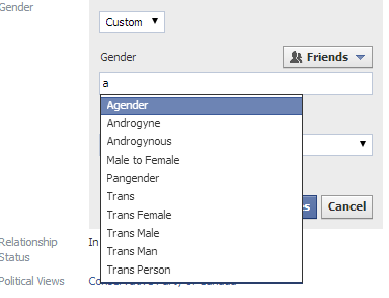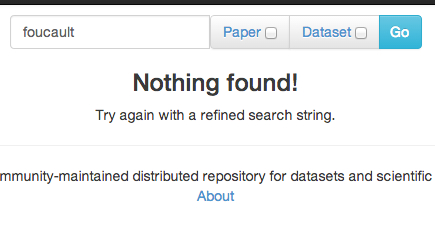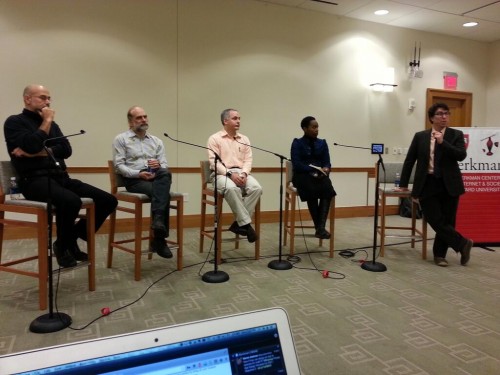#review features links to, summaries of, and discussions around academic journal articles and books.
Today, guest contributor Rob Horning reviews: Life on automatic: Facebook’s archival subject by Liam Mitchell. First Monday, Volume 19, Number 2 – 3 February 2014 http://firstmonday.org/ojs/index.php/fm/article/view/4825/3823 doi: http://dx.doi.org/10.5210/fm.v19i2.4825
If, like me, you are skeptical of research on social media and subjectivity that takes the form of polling some users about their feelings, as if self-reporting didn’t raise any epistemological issues, this paper, steeped in Baudrillard, Derrida, and Heidegger, will come as a welcome change. It’s far closer to taking the opposite position, that whatever people say about their feelings should probably be discounted out of hand, given that what is more significant is the forces that condition the consciousness of such feelings. That approach is sometimes dismissed as failing to take into account individual agency; it’s implicitly treated as an affront to human dignity to presume that people’s use of technology might not be governed by full autonomy and voluntarism, that it’s tinfoil-hat silly to believe that something as consumer-friendly and popular as Facebook could be coercive, that the company could be working behind users’ backs to warp their experience of the world for the sake of Facebook’s bottom line.
Mitchell is not so overtly conspiratorial in this paper; more...










